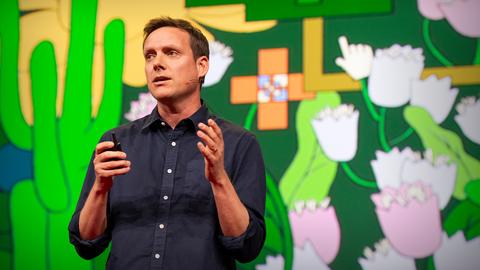 Theory of multiple intelligences
Theory of multiple intelligences The theory of multiple intelligences was proposed by Howard Gardner in 1983, to more accurately define the concept of intelligence and address whether methods which claim to measure intelligence (or aspects thereof) are truly scientific.
Gardner's theory argues that intelligence, as it is traditionally defined, does not sufficiently encompass the wide variety of abilities humans display. In his conception, a child who masters multiplication easily is not necessarily more intelligent overall than a child who struggles to do so. The second child may be stronger in another kind of intelligence, and therefore may best learn the given material through a different approach, may excel in a field outside of mathematics, or may even be looking through the multiplication learning process at a fundamentally deeper level that hides a potentially higher mathematical intelligence than in the one who memorizes the concept easily. "The theory suggests that, rather than relying on a uniform curriculum, schools should offer "individual-centered education", with curriculum tailored to the needs of each child."Types of Intelligence, Defined By Gardner:
Bodily-Kinesthetic
Interpersonal
Verbal-linguistic
Logical-Mathematical
Naturalistic
Intrapersonal
Visual-Spatial
Musical
.jpg)


No comments:
Post a Comment